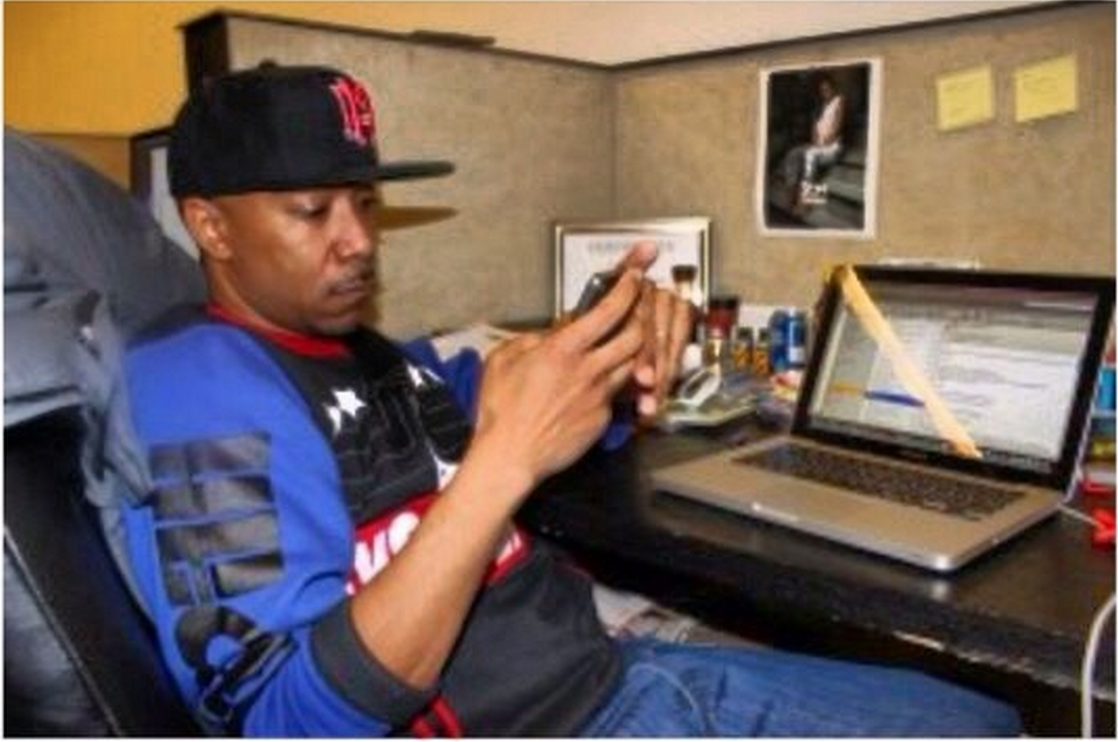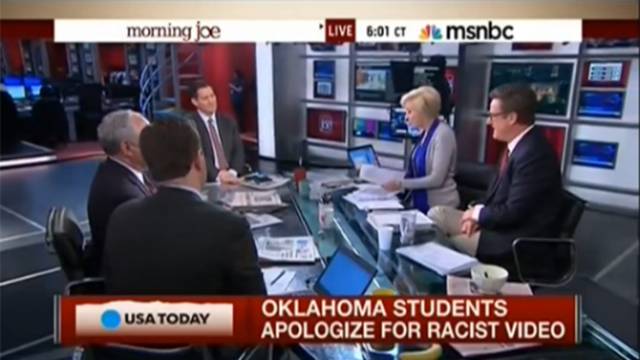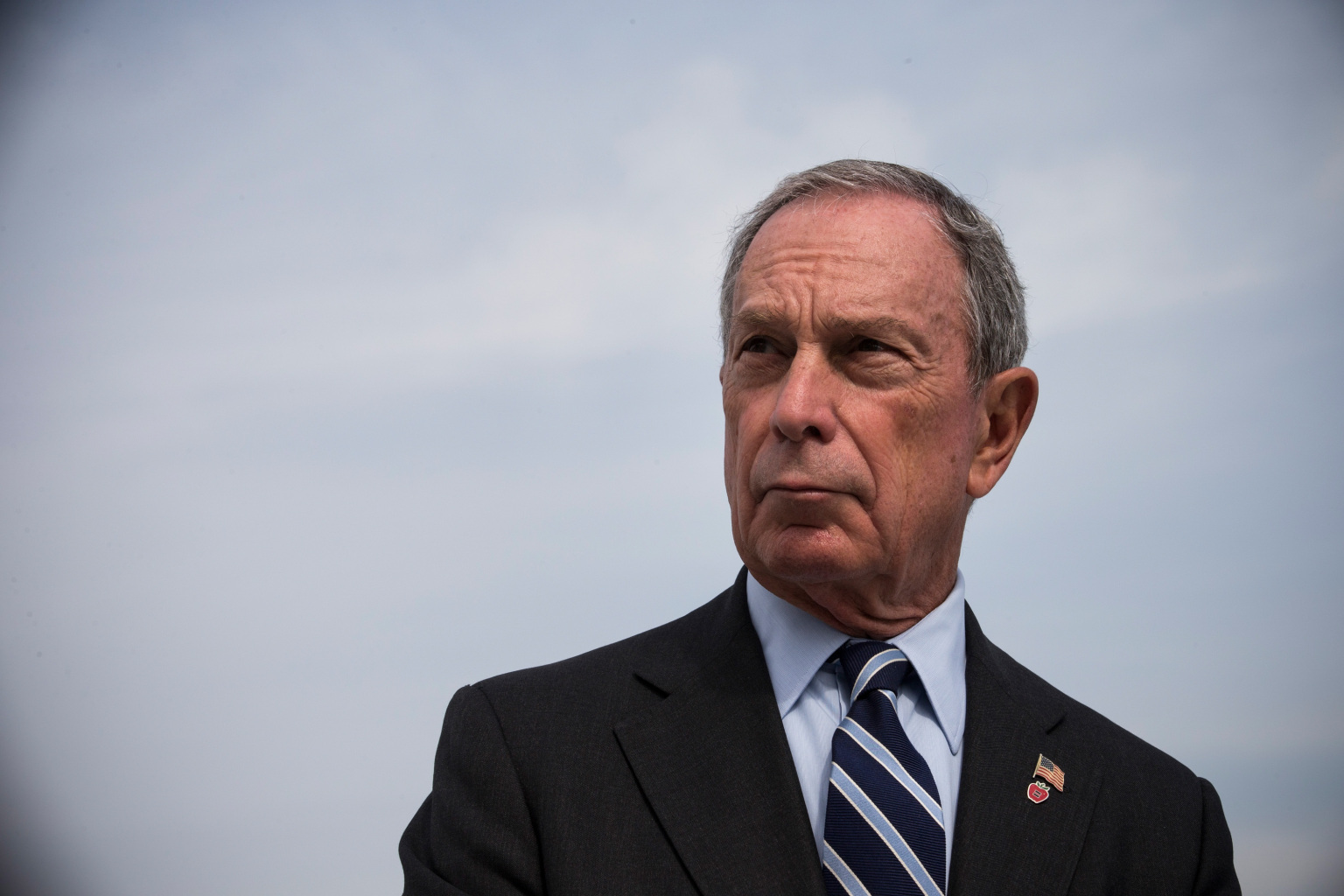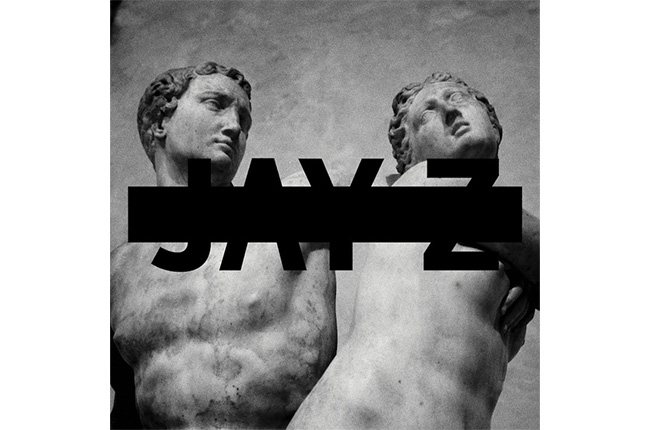With a resume that includes nearly every prominent hip-hop culture magazine, it would seem that Thomas took Mr. Cook’s advice literally. Of all of these publications, XXL has had the biggest impact on him personally and professionally. “As much as I wanna say KING on my career cause everyone kind of aligns me with that, I never would have gotten KING if I didn’t do XXL the way I did cause I made such an impression on the publishers.” For the time he was EIC at XXL, it probably did give him the most power as arbiter of hip-hop culture. “I was 22 going on 23 flying all over the world with fucking rappers and being able to write about it. There’s no twitter, there’s no Facebook, there’s none of that. I’m everyone’s eyes and ears and whatever I put in the magazine that month, that’s what everybody gets…That’s a huge responsibility to be the eyes and ears of a culture.”
XXL was also influential personally in the lessons he learned from the experience. “Personally, at XXL I learned it was a business, I learned it was very serious, and I learned you could take it to the next level if you really concentrate and work hard. And that next level is KING.” At this, his voice lowers a couple of octaves and he puts on the screw face before growling, “And that’s when I killed mothafuckas! [Laughter]”
During the first four years of Thomas’ tenure at KING, its circulation more than doubled, making it among the fastest-growing magazines in America. “It wasn’t like we invented putting amazingly beautiful, scantily clad black women on a cover. I didn’t invent that. But what I did have a hand in creating is the lifestyle around it.” KING aimed to be like your homeboy who worked on Wall Street—he could still kick it on the block and talk to you about girls and cars, but he also gave you tips on the stock market and how to buy a well-tailored suit. “I wanted to make sure that these things [that we were giving people in KING] weren’t comparable in any other mag for black men. And it wasn’t.”
Reinvention and timelessness don’t necessarily seem to go hand in hand, but it is this formula that has created such a name for Thomas in the industry. He looks at the construction of a magazine issue as something that should bring new and fresh ideas, yet stick with you enough to want to keep it on the table in your living room to flip through every now and then because it was just that good. “The only way you can stay in the game is if you have some kind of vision to forecast and kinda call out ‘this is gonna happen’ or ‘this can happen’ or ‘this is what should happen’ rather than talk about what’s hot now. What’s hot now is cool because it defines the time and documents the now, but what makes it relevant later?” Part of the way that Thomas trademarks this line of thinking is through branding. Sought after issues such as XXL’s “Freshmen” issues or Vibe’s “Hip-Hop Hollywood” theme stem from him.
Despite his clear knack for innovation within journalism, it is immediately obvious that his true passion is still the music. “I feel like my opinion matters because of the amount of time I put in listening to the music, caring about it, knowing the people’s back stories behind stuff, being privy to certain information…all of that.” In order to let the full breadth of these opinions truly live, he created Royale, an online magazine that is like his own personal playground. “Jermaine [EIC of Vibe] has his own vision of how the voice should be for urban culture through this prism [Vibe magazine]. I have my own vision of what the voice should be through the prism of each thing I listen to. It’s a huge difference…Royale allows me to do it where no one can say ‘That’s enough words’ or ‘That’s enough pictures’ or ‘I don’t like that’ Good! Get your ass off my site then! [laughs]”
Thomas has clearly arrived at the stage where self-doubt is a passing whimsy. This level of assuredness in his stance only comes with a certain level of comfort within oneself. “I’m still a young kid with a bookbag. That’s the way I see myself in my head…that’s just who I am. I think there comes a point when you realize who you are.” Still, he balances the swagger with an awareness of how fleeting it can be. “Being in the game, for me, is a privilege. I think after awhile. You feel like you’ve earned your spot and you’re supposed to be sitting at the table every time, but if you’re not putting work in, somebody’s gonna take your seat.”
With his gift of constant evolution and elevation of his game, it is clear that Thomas doesn’t have to worry about his place at the table. Besides, he’s looking way beyond seats towards something more concrete. “I just want people to say ‘He’s a cool mothafucka’,” he says with all seriousness. “I want to know my brick is in the building for this hip-hop shit.”









